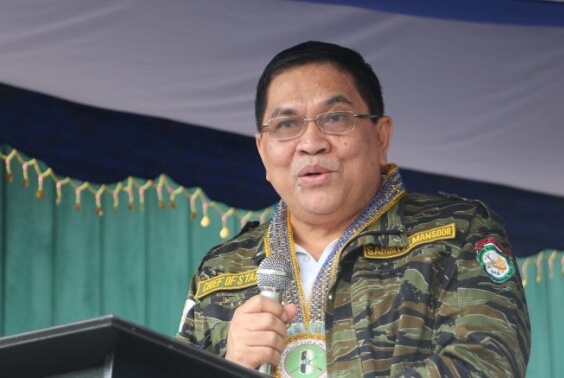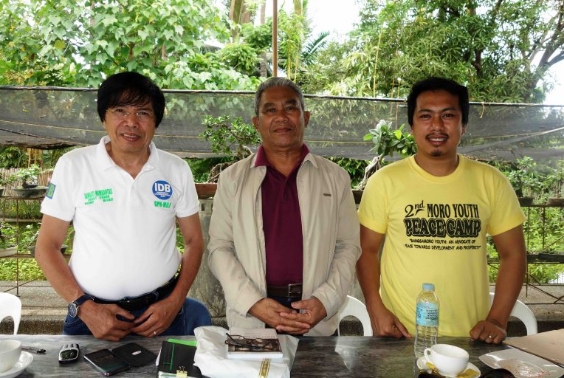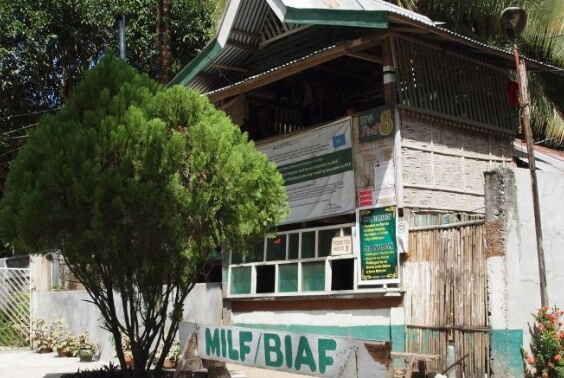- SOUTHERN PHILIPPINES
The Sabah Situation
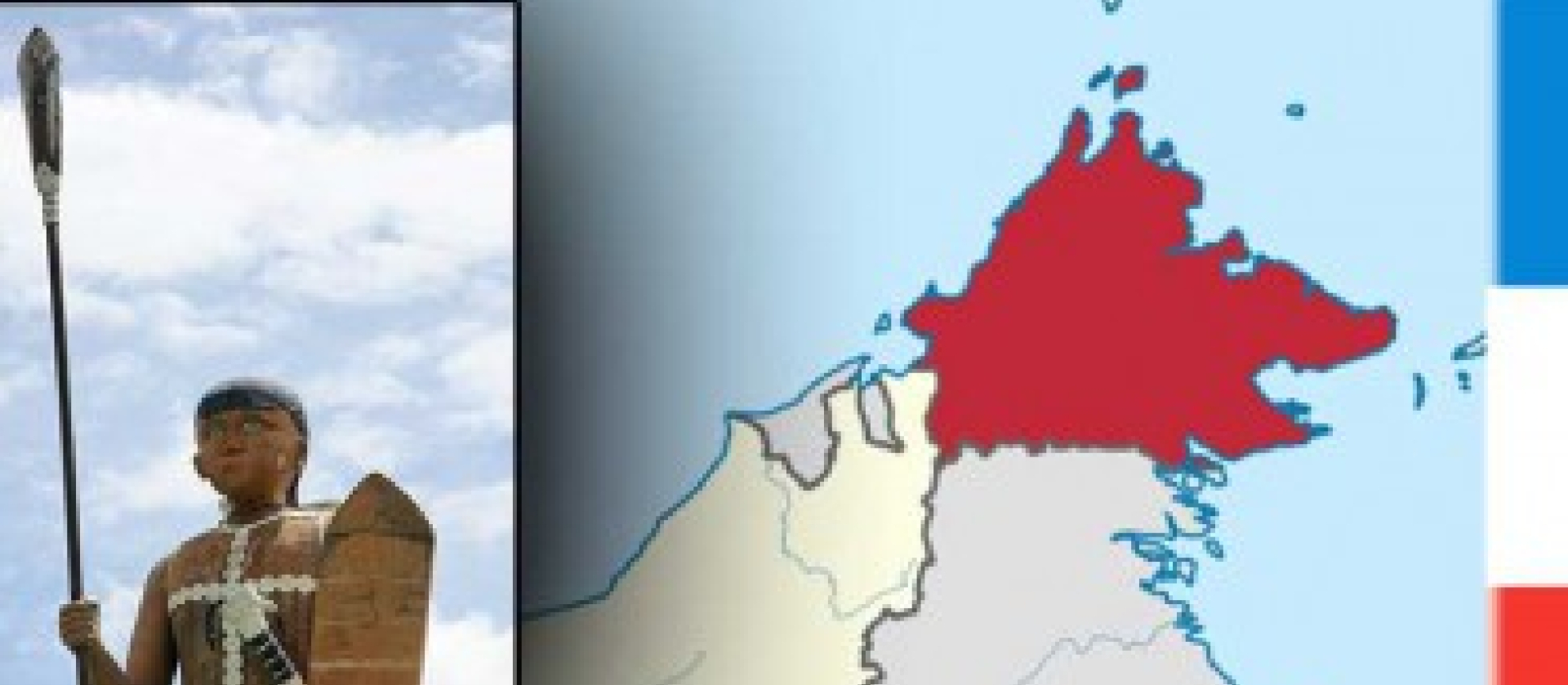
The Sabah Situation
(The information in this article is based primarily on Philippine media reporting.)
On February 9, 2013, Raja Mudah Agbimuddin Kiram, a brother of the self-claimed Sultan of Sulu, Jamalul Kiram III, with about 1000 of his followers, including 300 armed men of the Royal Security Forces of the Sultanate of Sulu and North Borneo (or Royal Army of Sulu; RAS), took ‘a journey back home’ to Sabah on small boats. The ocean borders between Sabah and the Philippines are quite porous, and in Sabah, the Government of the Philippines (GPH) estimates 600,000 Filipino are quietly living and working by crossing the Sulu Sea.
Malaysian authorities gave a deadline to the Sultan Jamalul Kiram III to order his followers to return by February 22. Malaysian security forces put the RAS in a standoff. President Aquino ordered his administration to study the legal validity of Jamalul Kiram III’s claim to Sabah, and prepared to dispatch a humanitarian ship (but with no permission from Malaysia to enter Sabah). The Filipino media was in favor of saving the lives of Filipino-Sabah residents where the Philippines claim as their territory.
Despite these efforts, Sultan Jamalul Kiram III ordered his followers to stay. On March 1, after the RAS ran into shortage in food supply, the two-week standoff turned into a bloody clash between the RAS and Malaysia police. Malaysia troops embarked on mopping-up operations by air and ground assaults until March 8. On March 7, UN Security-General, Ban Ki-moon, stated: “The SG is closely following the situation in Sabah and urges an end of the violence and encourages a dialogue among all the parties of a peaceful resolution of the situation.” Although the statement was silent on the issue of the ownership of Sabah, the UN letter of appeal stopped escalation of armed violence. Small clashes are still happening, but on March 24 Malaysia declared Sabah was under control.
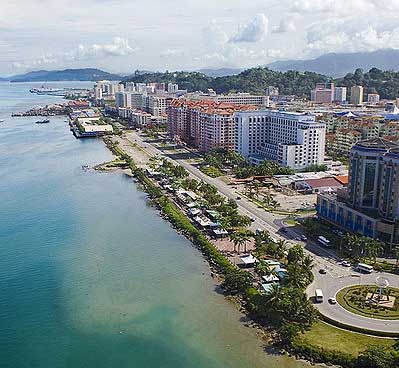
Why Now?
Why did the Sultan of Sulu, Jamalul Kiram III, express claim now? According to Abraham Idjirani, spokesperson of the Sulu Sultan Jamalul Kiram III, the claim as the ancestral homeland of the Sultanate has been neglected by the GPH since 1962. What triggered the Sultan Jamalul Kiram III’s decision to take action was the Framework Agreement on the Bangsamoro between the GPH and the Moro Islamic Liberation Front (MILF) that was signed last October. In the FAB the “historic and sovereign rights” of the Sulu Sultanate and North Borneo to territories were not included. To the Sultan Jamalul Kiram III, the above rights were an “integral and essential” aspect of any peace agreement with any armed groups in Mindanao. He said the Sultan Jamalul Kiram III’s “desire and intention” to be part of the peace process was expressed in a letter of former President Arroyo in April 2009.
On the other hand, two descendants of the Sulu Sultanate have condemned Sultan Jamalul Kiram III for putting the lives of Tausug people (a Muslim Filipino ethno-linguistic group in Sulu) in danger. The Sulu Sultan Bantilan Esmail Kiram II, who said he was appointed by the elders of the “Sultanate” to be the ‘acting sultan’ (in the article, “Esmail Kiram II: Aquino never abandoned us,” Philippine Daily Inquirer, March 11, 2013), met with Interior Secretary Manuel Roxas II, for strategies and means to end the crisis in Sabah.
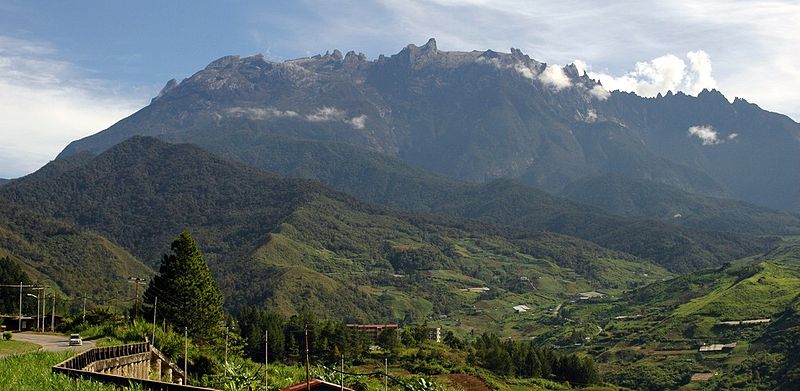
Who is supporting Sultan Jamalul Kiram III and why? The Filipino media reported that Presidential Palace believes the purpose of Jamalul Kiram III’s action to sabotage the peace talks between the Aquino administration and the MILF, and also to sink the administration itself. The suspected supporters are: the Moro National Liberation Front (MNLF), the followers of former President Arroyo and the President’s uncle, Jose “Peping” Cojuangco and his wife, Margarita “Tingting” Cojuangco, whose plan to run for governor of the ARMM in 2011 came to nothing when Congress postponed the regional election and synchronized it with this year’s midterm elections to give President Aquino time to introduce reforms in Muslim Mindanao. The MNLF leader, Nur Misuari, denied supporting Jumalul Kiram III’s action but commented that many of Tausug-led MNLF members are loyal to the Sultan. Those around Arroyo are silent.
What Now?
After the airstrike, Malaysian security officials announced that 63 suspected RAS had been killed while the Malaysian side suffered 10 deaths. Malaysia also announced on March 25 that it had filed terrorism and rebellion charges against the eight arrested and will carry out investigations of over 100 more detainees. The Philippine Navy intercepted 35 of the Sultan Jumalul Kiram III’s followers in the Sulu Sea on March 18 and they are now in charge with criminal offenses in Tawi-Tawi, the closest Philippine island to Sabah. From March 2 to 27, 4727 evacuees from Sabah landed to Sulu archipelago by 48 boats. The price of food in Tawi-Tawi, nearly 80 percent imported from Malaysia, has since almost doubled.
The MILF peace negotiators commented: “the Sabah issue is a security problem, not political…” and, “should be addressed at the proper international form (over the territorial dispute between the Philippines and Malaysia) for a peaceful and amicable resolution.” The United States’ position is that the territory dispute between two governments could be settled through talks.
Disclaimer: The views expressed in the articles in P’s Pod are personal views of the authors and do not represent views or positions of particular institutions, organizations, groups or parties, including those of the authors and the universities of P’s Pod editorial team, unless otherwise stated.

Research Fellow, Partnership Project for Peacebuilding and Capacity Development
Hiroshima University
PhD candidate, Osaka University




